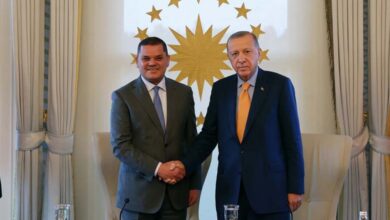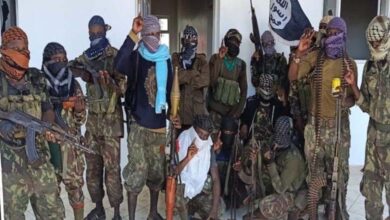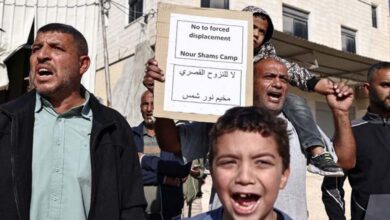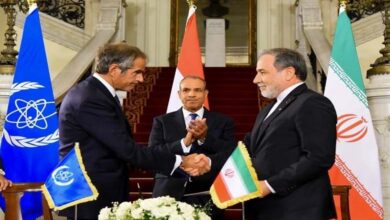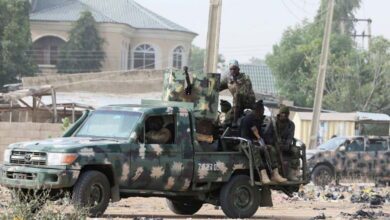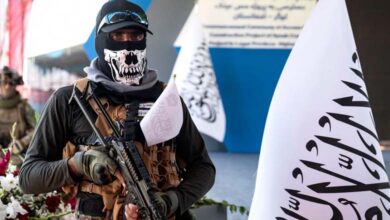Dependency concerns and risks of terrorist financing: Niger suspends the work of non-governmental organizations
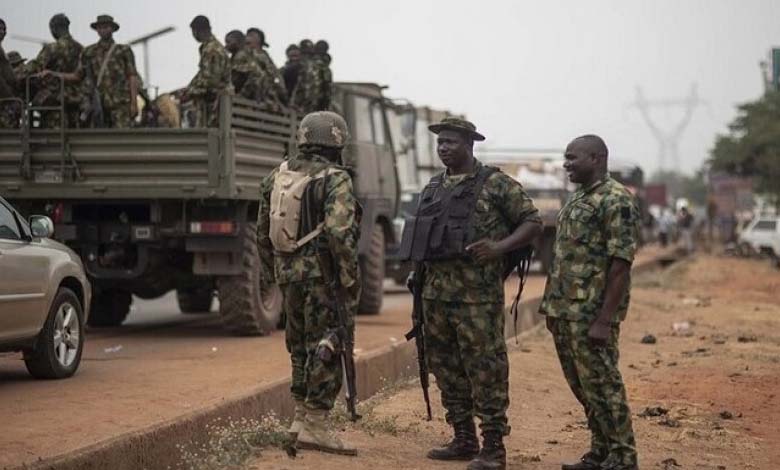
Niger’s military authorities view the activities of non-governmental organizations in the country with deep suspicion.
Niamey has moved beyond mere doubt toward a more assertive approach to handling both local and foreign NGOs.
The government decided to suspend the work of organizations that failed to publish their 2024 financial statements in the Official Gazette, granting them a sixty-day deadline to regularize their legal status.
The authorities did not specify how many NGOs are affected by the suspension.
Although presented as an administrative measure, the decision is part of a broader political and security context that reflects a growing trend toward redefining the relationship between the state and non-state actors, directly linking it to issues of sovereignty and the fight against terrorism.
According to the French newspaper Le Monde, since the military council took power following the July 2023 coup, Niger has adopted a strict sovereignist rhetoric aimed at reducing the influence of Western partners and redefining national security priorities.
Within this framework, the authorities have become increasingly wary of NGOs, believing that some no longer limit themselves to humanitarian work but have evolved into tools of political influence or indirect channels for financing armed groups.
Statements from Interior Ministry officials indicate that the decision aims to enforce greater transparency and control funding sources. However, official rhetoric has exceeded technical considerations, expanding to include explicit accusations against certain organizations suspected of collusion with actors supporting what the state defines as terrorism and sabotage.
Cutting off sources of terrorist financing
The suspension is closely tied to efforts to tighten control over financial flows amid rising armed attacks in several regions of the country.
Authorities believe that some organizations may serve as loopholes allowing money transfers or logistical support to pass through under the guise of humanitarian work.
As a result, they treat the matter from a preventive security perspective rather than solely a regulatory one, according to the French radio station RFI.
This approach expands the concept of national security to encompass civil society space and civic associations, which are viewed as actors requiring strict oversight aligned with the state’s priorities during what it describes as a critical period.
Break with the West
This move cannot be separated from the broader context of an escalating rift with France and the West in general. The military council has already ended French and American military presence, expelled ambassadors, and reduced cooperation with the European Union, while turning toward new partners such as Russia and Turkey.
According to Le Monde, this context places additional suspicion on Western NGOs, seen as indirect extensions of the influence of countries that no longer enjoy the trust of the current authorities. This reinforces the idea that the decision is not only about regulating civil society but also about rebalancing power dynamics within the country and reducing Western soft influence.
The suspension of hundreds of organizations raises questions about the future of humanitarian and development work in a country heavily reliant on foreign assistance. There are concerns that the widespread ban will leave critical gaps in areas such as health, education, and relief services, especially in vulnerable regions.
At the same time, the authorities argue that stricter oversight will help restructure the civil sector according to rigorous national standards, ensuring its alignment with public policies and limiting external interference.
Niger’s Interior Ministry stated that the decision is part of measures aimed at strengthening oversight, ensuring transparency, and monitoring the work of organizations and development bodies. Only about one hundred organizations out of more than four thousand were allowed to continue operating after complying with the new requirements, while the rest were ordered to halt their activities immediately.


